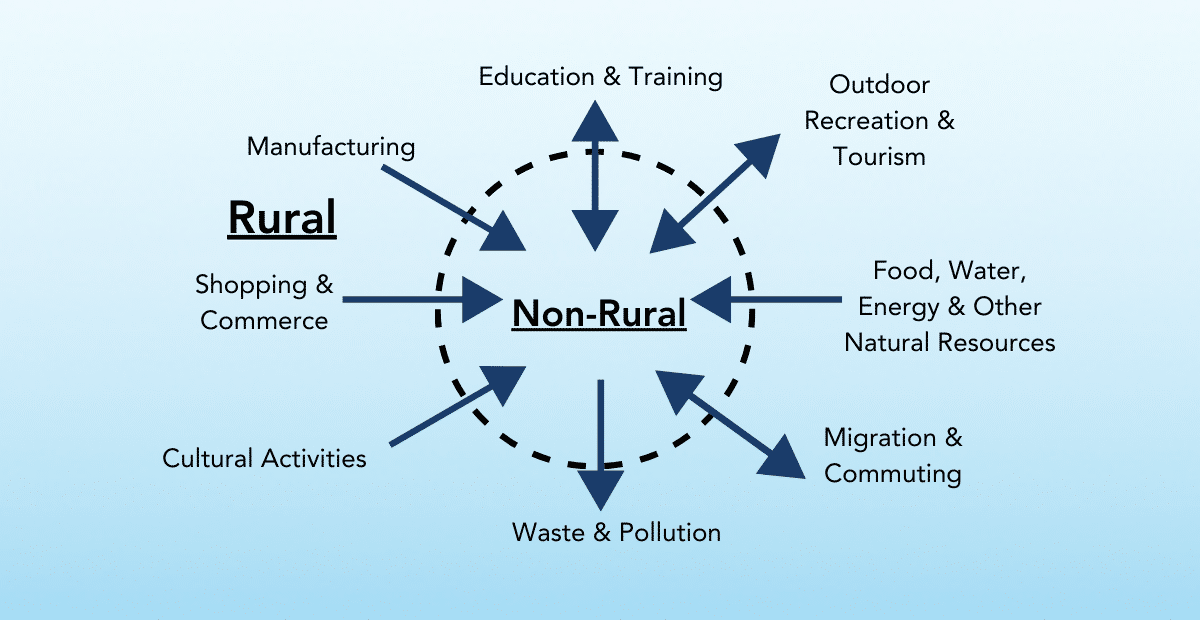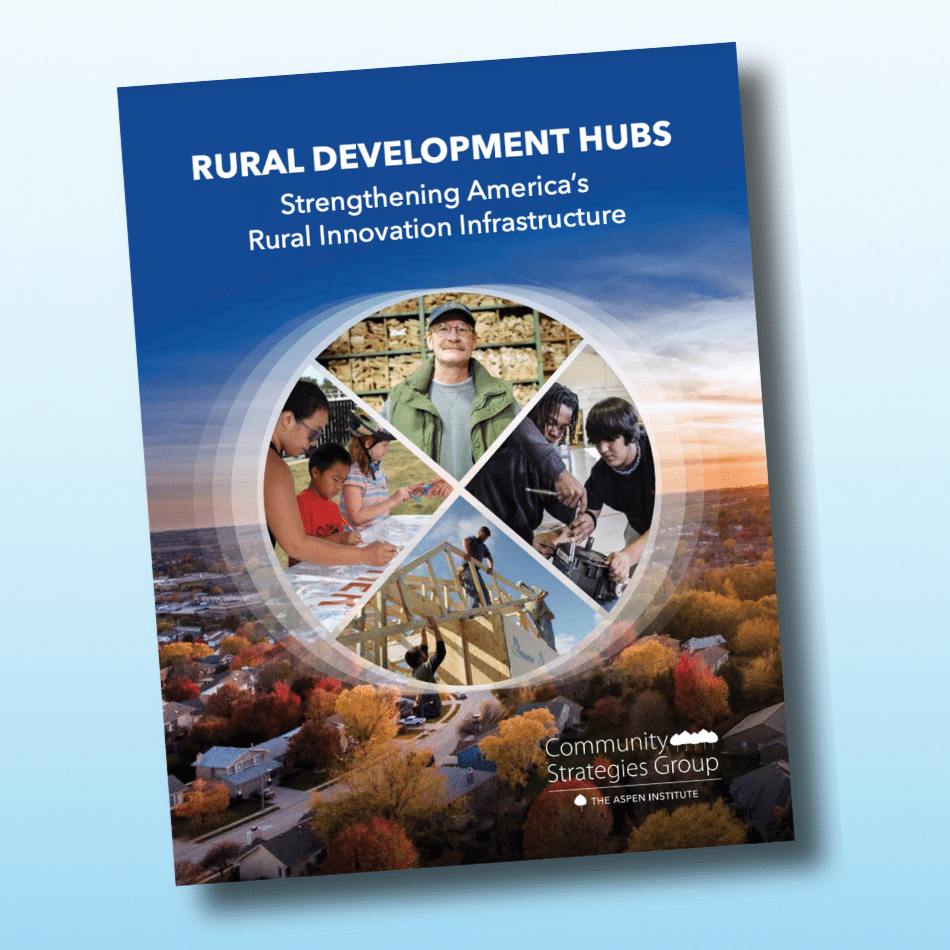Friday marked the second payday that hundreds of thousands of US government workers went without a paycheck. In rural communities, this wasn’t just news happening in faraway Washington. You either know the affected workers well, or you are familiar with them because your kids went to the same school, or from chats in waiting rooms and at church and community socials. So, the pain that we see or hear on the news is felt by people we know.
Up here in Marquette County, in Michigan’s rural Upper Peninsula, we have TSA, Coast Guard, federal law enforcement, Forest Service and other USDA workers. It is not an overwhelming number, but it is a noticeable number. Locally, generous restaurants, coffee shops, and pantries have offered the families of furloughed workers free meals and food. This is great – and valued. However, taking federal paychecks out of the economy also hurts those very restaurants and pantries along with federal contractors, and every day care, grocery store, gas station, plumber, and other retail and service business where the families of federal workers and federal contractors spend their paychecks. Beyond that (and already being felt) is the erosion of the family savings and retirement accounts – those of the federal employees and of the people who work in and own the businesses that depend on their patronage.
To make ends meet, many affected families must turn to drawing on their retirement accounts or seeking loans from high-interest lenders, eroding their financial position even further. Last week, we started thinking: Could we construct a way for an investor, a bank, and a philanthropy in our community to team up to make consumer loans to families in distress? In doing so, could we create a blueprint that communities could also use in the wake of a natural disaster or other community crisis?
My job in Marquette is to run Northern Initiatives, a regional community development financial institution (CDFI). CDFIs are private financial institutions that provide affordable financing to community businesses –small businesses, microenterprises, nonprofit organizations, commercial real estate, and affordable housing developments – in economically distressed and underserved markets across the nation. CDFIs are profitable but put not profit-maximizing; they put community first – and have a proven track record of making an impact in those areas of America that need it most.
Northern Initiatives does not make consumer loans. We don’t know the requirements for consumer loans, and we had no time to learn. So we approached mBank, a Michigan-based community bank, and asked: “What if we offered mBank a deposit and took no interest and found a way to partially guarantee the loans – could we create a loan product for the affected workers?” The guarantor we sought could have been government, an endowed church congregation, a private donor or a philanthropy; in our case, the Eagle Mine, a local employer, and the Lundin Foundation stepped up to the plate. In just a few hours, we were all working together toward the same end.
Could we construct a way for an investor, a bank, and a philanthropy in our community to team up to make consumer loans to families in distress?
The new loan product launched on January 24. Here’s the final package that made it work. Northern Initiatives deposited $100,000 in mBank; we will not get interest for as much as the next 18 months. mBank will make 90-day loans to federal workers at 0 percent – with no fees. The Lundin Foundation will cover 15 percent of any losses, and Northern Initiatives will cover the next 5 percent. The program is initially set to loan up to $100,000 total – but we will see where the demand takes us.
We also planned this program for Chippewa County, home of Sault Ste. Marie, another mBank community, where the federal workforce also includes the Border Patrol. The Chippewa County Community Foundation (CCCF) agreed to serve as guarantor there. Debbie Jones, CCCF Executive Director, was moved to action by one of the foundation’s frequent volunteers, whose husband is a federal employee. “We are the ones who always pitch in to help people,” the volunteer said. “And now we are the ones looking for help.”
We had a few surprises along the way. We were prepared for mBank to charge 3-4 percent plus fees for the work they will do, but they are charging nothing – exhibiting an inspiring commitment to their communities. In addition, we created a very simple two-page loan agreement, foregoing the typical extensive attorney review. Our respective auditors may have fits about this, but our handshake effort, given the urgency, required trust first. We can fix any mechanics later.
Yes, the shutdown is over – for a few weeks anyway. But these loans can still be useful to help families get back on an even keel. And as a partner in this project I am clear that three things will have lasting value no matter how it goes. First, we have created a gift for our communities; they know that we care, and that we act on that caring. Second, when the next disaster comes, this set of partners knows we can work expeditiously to build solutions to support our communities. Finally, I think that we have created another gift – a very simple structure and agreement that honors the 800,000 federal workers, and that can be adopted across Michigan and across America in unknown quandaries to come.
Dennis West is President of Northern Initiatives and a member of the Rural Development Innovation Group, a partnership with the Aspen Institute Community Strategies Group.







